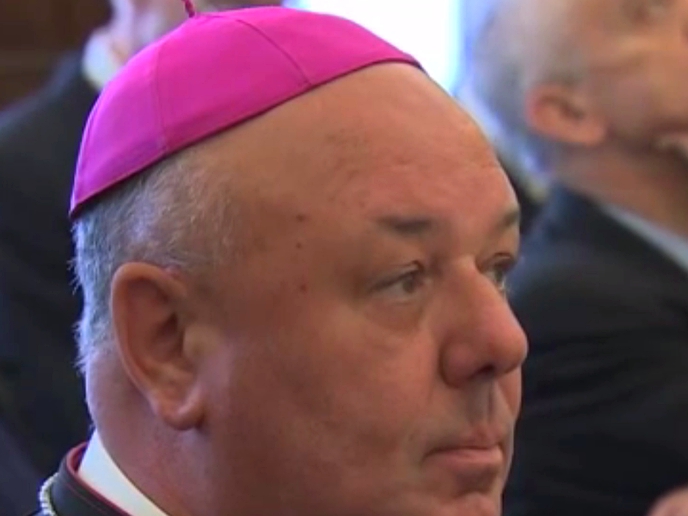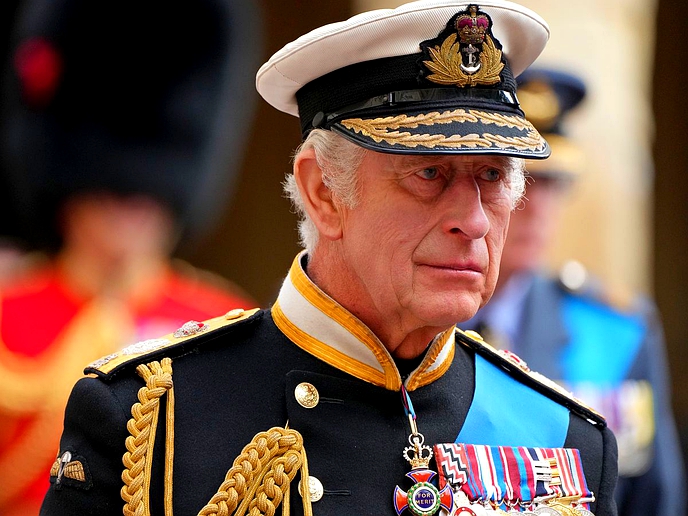HAMAS gunmen launched an unprecedented assault on Israel from the Gaza Strip on October 7, killing about 1,200 people and taking about 240 hostages.
world
Nov. 21, 2023
BBC News
7 min read
What is happening in Israel, and Gaza
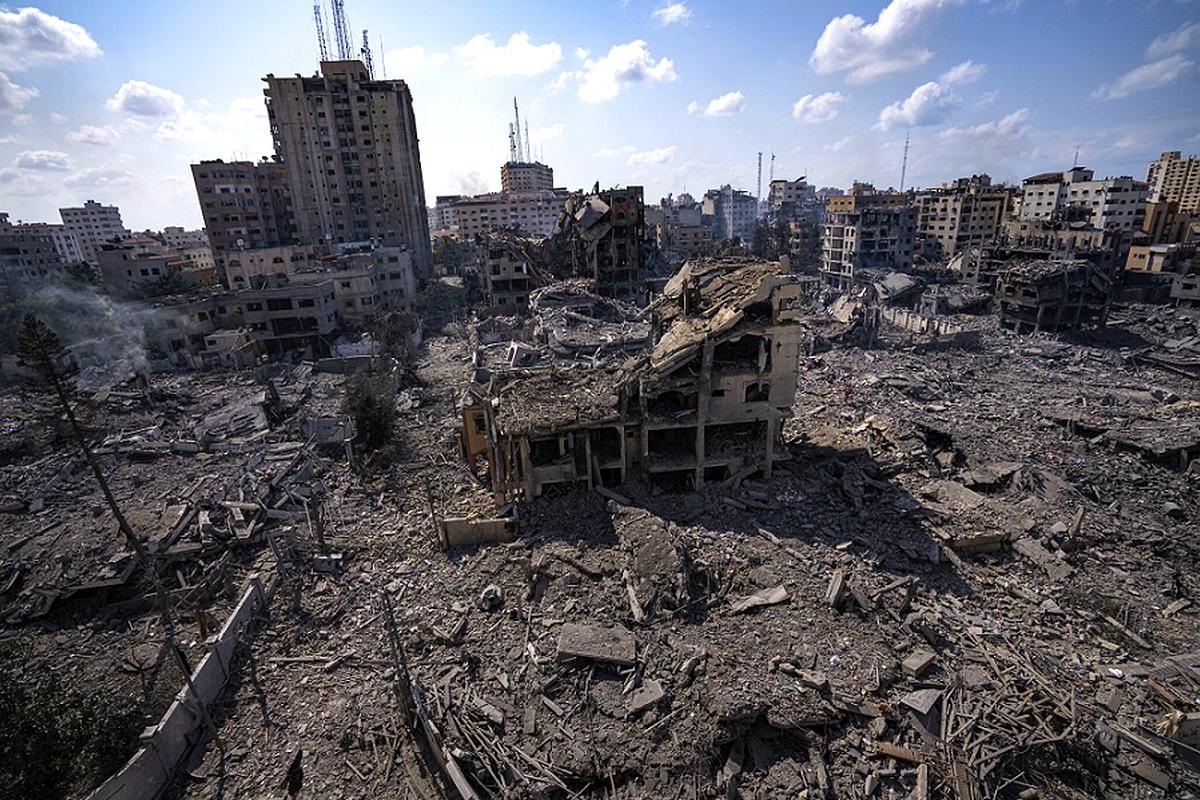
Buildings ruined by Israeli airstrikes
Story highlights
Israel responded with air strikes on Gaza and has launched a ground offensive. About 13,000 people have been killed, according to the Hamas-run health ministry.
Israel Defense Forces (IDF) warplanes are carrying out strikes across Gaza while its troops are moving through the north of the territory.
Prime Minister Benjamin Netanyahu says Israel has a "clear goal of destroying Hamas's military and governing capabilities", as well as freeing the hostages.
He has refused calls for a ceasefire unless the hostages are released.
Mr Netanyahu also said Israel would have "overall security responsibility" for the Gaza Strip "for an indefinite period" after the war ended. However, the US warned him that Israel could not reoccupy the territory.
Israel has drafted 300,000 reservists to boost its standing force of 160,000.
It believes Hamas' military wing has about 30,000 members. The group operates from underground tunnels, which it has previously claimed stretch for 500km (310 miles).
Mr Netanyahu has said that Israel had been "not successful" on minimising civilian casualties in Gaza, but blamed Hamas for using them as human shields.
Israeli forces are moving in on the Indonesian hospital in northern Gaza, according to BBC correspondent Yolande Knell. The Hamas-run health ministry said Israeli strikes have killed at least 12 people there.
Hundreds of people are being evacuated from Al-Shifa hospital in northern Gaza, which Israel raided last week.
A group of premature babies who had been there are being transferred to facilities in Egypt.
Both Israeli and US intelligence say Al-Shifa had been a key command centre for Hamas - which it denies.
The Israeli military has released a video which, it says, show a tunnel underneath Al-Shifa leading to a blast proof door, of the kind it says Hamas uses for its command centres.
It says that another video it released shows two hostages, one wounded, being moved through hospital on 7 October. The BBC can't independently verify the footage.
The Israeli military has also shared images of what it said were Hamas weapons and ammunition found at Al-Shifa.
Israeli forces have repeatedly warned Palestinians in the north of the territory to head south of the Wadi Gaza river valley to escape the fighting. They have also continued to carry out air strikes in southern Gaza.
The UN says that one in every 57 people living in the Gaza Strip "has been killed or wounded in the past five weeks", based on Hamas-run health ministry figures.
The heads of all the major UN agencies have called for an “immediate humanitarian ceasefire”, as well as the unconditional release of hostages.
They said "cutting off 2.2 million Palestinians from food, water, medicine, electricity and fuel" was an "outrage", and that more than 29,000 injured people "require immediate treatment".
UN Secretary General Antonio Guterres has said he is "deeply shocked" that two UN schools in Gaza were attacked over the weekend.
Unrwa, the UN agency for Palestinian refugees, said 1.5 million Gaza residents have been displaced and 778,000 are sheltering at its facilities. Another 150,000 are believed to be taking refuge in hospitals and other public buildings.
Israel is now allowing 60,000 litres of fuel a day to enter Gaza, having previously banned all deliveries. However, the UN has said 600,000 litres a day are needed to operate water and desalination plants.
The fuel shortages are also affecting hospitals and bakeries.
Phone and internet services have been repeatedly cut, leaving people unable to call for ambulances or to contact the outside world.
The Rafah border crossing into Egypt, to the south, is the only functioning route for people and goods to leave or enter Gaza.
The crossing reopened for aid supplies on October 21, but only a small number of the 500 lorry loads which used to arrive every day are currently getting into Gaza.
The border opened again for people to leave Gaza on November 1. Hundreds of injured people and foreign passport holders – including more than 100 UK citizens - have since crossed into Egypt, but many more remain.
The crossing has shut, for short periods, several times since reopening.
Hamas is holding about 240 hostages in Gaza. Israel says they are hidden across the territory - some of them in Hamas's tunnel network.
Last week, the Israel military said it had found the bodies of 19-year-old Noa Marciano, a soldier in the IDF, and 65-year-old Yehudit Weiss, at sites near Al-Shifa hospital.
It says a medical report determined that Corporal Marciano had been injured in an air strike and then killed by Hamas in Al-Shifa hospital.
Also last week, Palestinian Islamic Jihad - a militant group separate from Hamas – released a video of two Israeli hostages in Gaza, a woman in her 70’s called Hanna Katsir, and a teenage boy.
Hamas has released four hostages so far: American-Israeli mother and daughter Judith and Natalie Raanan, and two elderly Israeli women, Nurit Cooper and Yocheved Lifschitz. Separately, the IDF said one of its soldiers, Private Ori Megidish, was rescued during ground operations in Gaza.
It is thought Hamas may have taken hostages to pressure Israel into freeing some of the estimated 5,100 Palestinians who were held in Israeli prisons at the start of October.
The government of Qatar has been brokering negotiations for the release of the hostages.
Hamas is a Palestinian group, which has ruled the Gaza Strip since 2007.
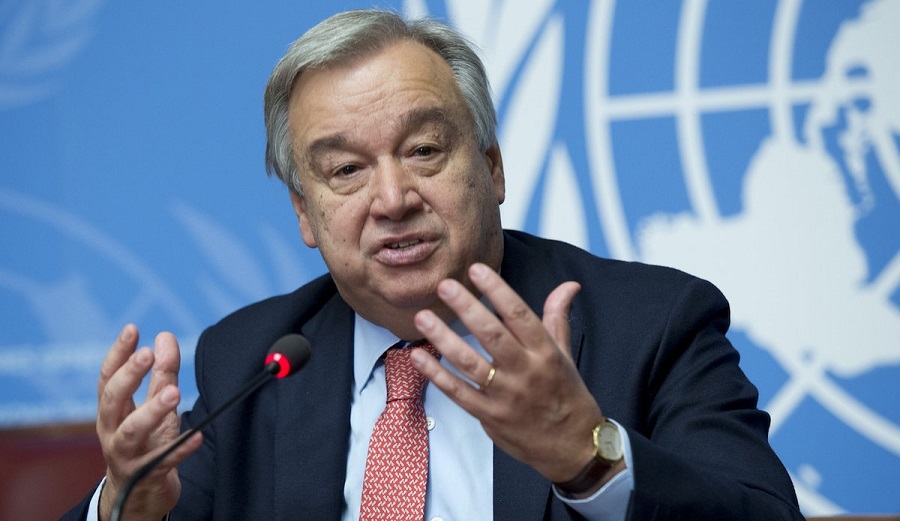
UN Secretary General, Antonio Guterres
Enjoy our daily newsletter from today
Access exclusive newsletters, along with previews of new media releases.
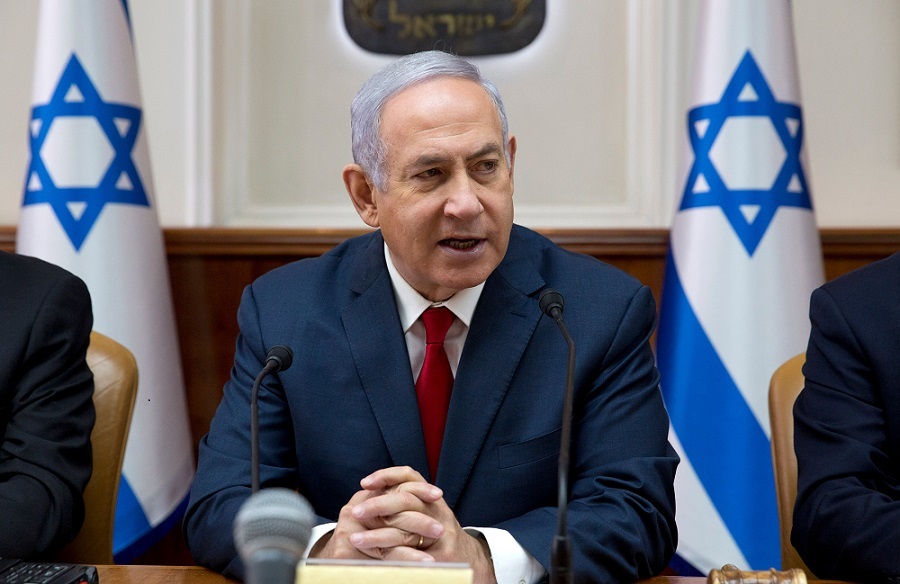
Israeli Prime Minister, Benjamin Netanyahu
The group is sworn to Israel's destruction and wants to replace it with an Islamic state.
It has fought several wars with Israel since it took power, firing thousands of rockets into Israel, and carrying out other deadly attacks.
In response, Israel has repeatedly attacked Hamas with air strikes. In 2008 and 2014, it also sent troops into Gaza.
Together with Egypt, Israel has blockaded the Gaza Strip since 2007 for what it describes as security reasons.
Hamas - or in some cases its military wing, the Izzedine al-Qassam Brigades - has been designated a terrorist group by Israel, the United States, the European Union and the UK, as well as other powers.
Iran backs the group, providing it with funding, weapons and training.
On October 7, hundreds of Hamas gunmen crossed from the Gaza Strip into southern Israel by breaking through the heavily-fortified perimeter fence, landing by sea, and using paragliders.
It was the most serious cross-border attack Israel has faced in more than a generation.
The gunmen killed about 1,200 people, most of them civilians, in a series of raids, on military posts, kibbutzim and a musical festival, and took hostages back into Gaza. Previous estimates put the death toll at more than 1,400.
Israel says Hamas captured over 240 hostages on October 7.
Given the significant resources of Israel's security services, it was astounding that the attack by Hamas was not anticipated, according to the BBC’s security correspondent, Frank Gardner. The attack came at a time of soaring Israeli-Palestinian tensions.
This year has been the deadliest on record for Palestinians who live in the Israeli-occupied West Bank, which could have motivated Hamas to strike Israel.
The Gaza Strip is a 41km (25-mile) long and 10km-wide territory located between Israel, Egypt and the Mediterranean Sea. - BBC News
Tailored for you



